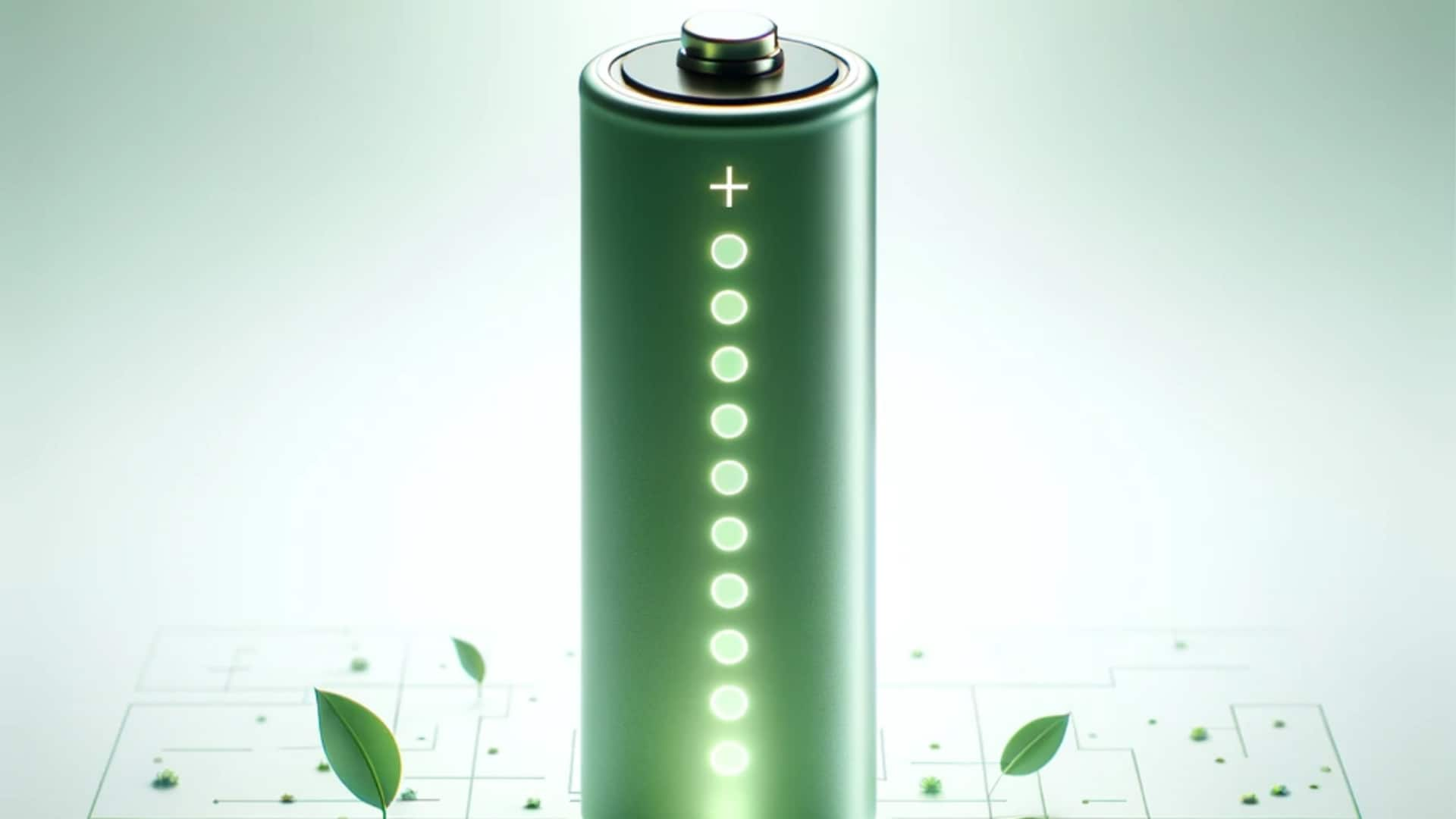
Solid-state batteries can be recycled without compromising efficiency: Here's how
What's the story
Researchers at Penn State University (PSU) have developed an efficient method to recycle solid-state lithium batteries, a significant step toward reducing environmental pollution. Solid-state batteries are favored over traditional lithium-ion batteries due to their stability, higher energy density, and non-flammability. These attributes make them ideal for use in electric vehicles (EVs) and cellphones, offering longer range and battery life respectively. However, recycling these batteries has been a complex challenge until now.
Pollution concerns
The environmental impact of unrecycled batteries
Currently, about 95% of conventional lithium batteries go unrecycled, contributing significantly to land and water pollution. The introduction of solid-state lithium batteries could potentially worsen this situation due to their complex recycling process. When lithium batteries are recycled, they transform into a black mass composed of various materials. Separating these materials is difficult due to their similar chemical properties and potential impurities.
Innovative approach
Polymer solution to solid-state battery recycling
The PSU team, led by the study author and doctoral student Yi-Chen Lan, has found a solution to the recycling problem using polymers. In solid-state batteries, the issue of separating materials is compounded as the solid electrolytes become intermixed with the black mass. The researchers placed two polymer layers, at the junctions between the electrode and electrolyte, in a solid-state lithium coin cell battery. This innovative approach prevents these components from mixing during recycling.
Recycling methodology
Cold sintering: A key process in battery recycling
The PSU team then separated battery materials and combined recovered metals and electrodes using cold sintering. This process involves pressing a powdered mixture of different materials, and treating it with a solvent at low temperatures until it forms one solid object, which can then be used to make a new battery. Another author Po-Hao Lai explained, "We used cold sintering to combine the recovered electrodes with recovered composite solid electrolyte powders, then reconstructed the battery with the polymer layers added."
Efficiency analysis
Recycled batteries retain high performance
The researchers tested the performance of a new battery made from recycled solid material. The recycled battery retained over 92% of the discharge capacity of the original coin cell battery. The study authors noted, "Fully recovered full cells with Li-metal and LTO anodes show 92.5% and 93.8% of original discharge capacity at 0.05 C and room temperature." This successful experiment demonstrates that it is possible to recycle solid-state batteries without compromising their efficiency or harming the environment.